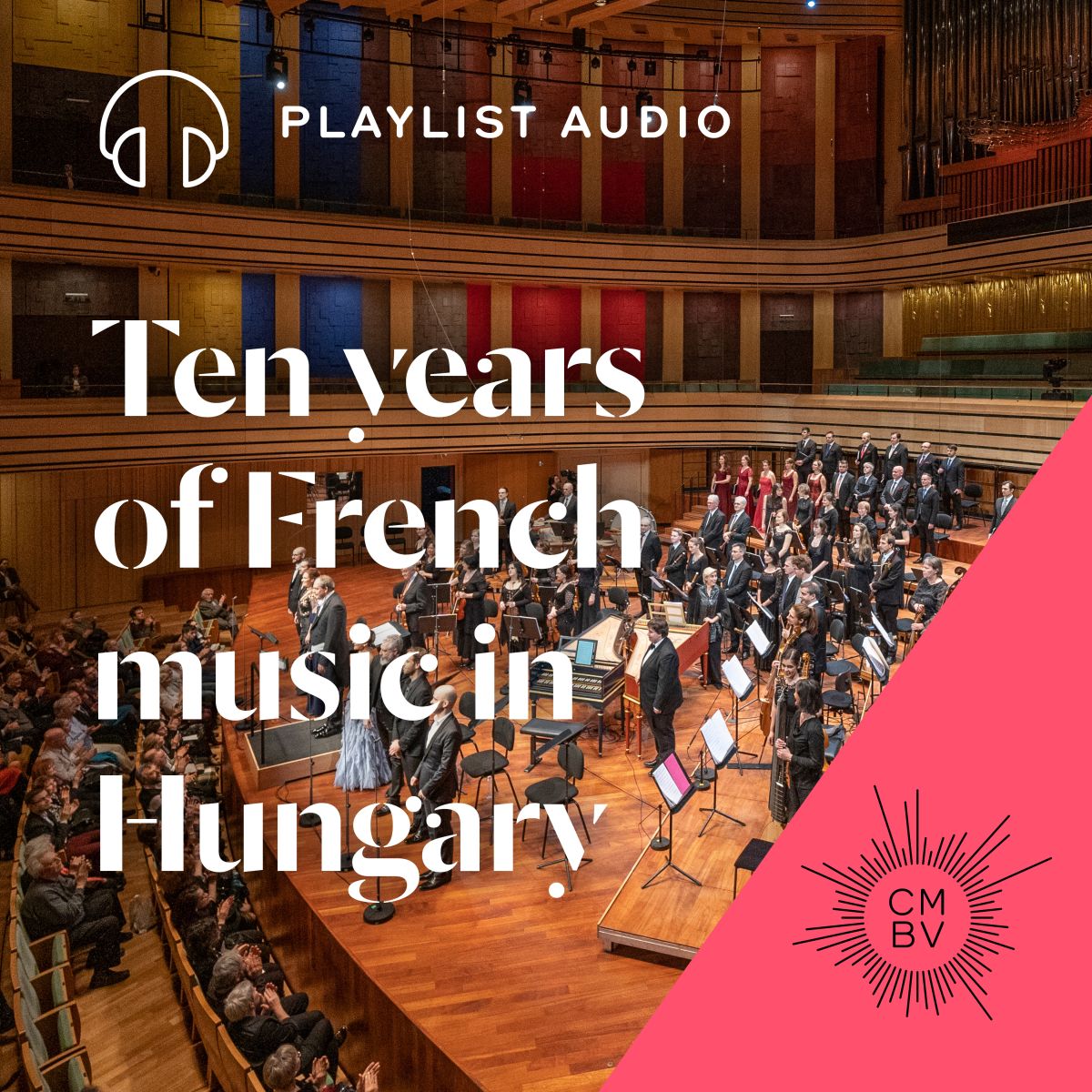Each month, the Centre de musique baroque de Versailles establishes a thematic playlist for you to experiment an immersive journey in the French musical repertoire of the 17th and 18th centuries. Enjoy the music!
By Benoît Dratwicki, researcher and artistic director of CMBV
Almost ten years after its beginning, the partnership between the CMBV and Hungarian conductor György Vashegyi is drawing to a close, after some twenty projects resulting in almost fifteen recordings, mainly for the Glossa label. The occasion is now ripe for a playlist of the finest musical moments from this exemplary international collaboration.


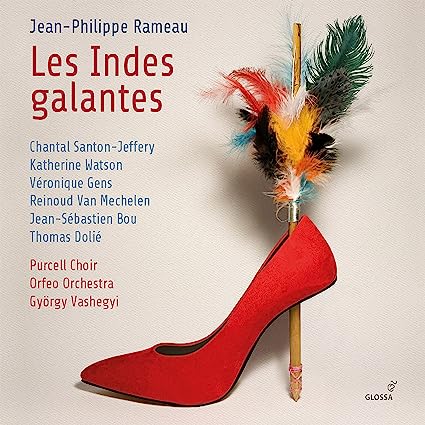
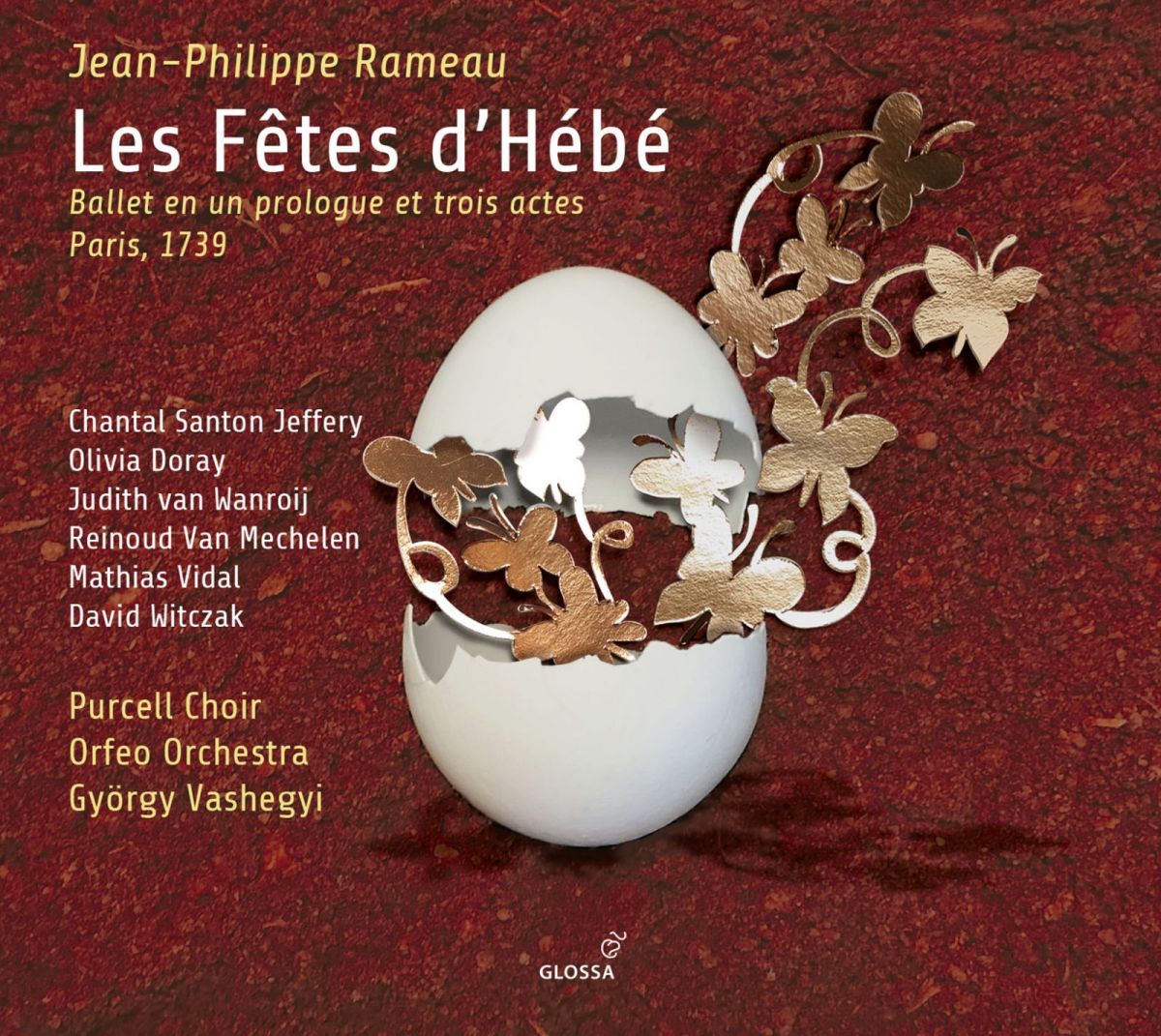

Jean-Philippe Rameau, who has become the tutelary figure of the Franco-Hungarian partnership over the years, is of course in the limelight with several rarities such as Les Fêtes de Polymnie (world premiere recording) or previously unreleased versions of Naïs (1749), Les Indes galantes (1761), Les Fêtes d'Hébé (1747) and Dardanus (1744 version): the power of his music cannot fail to impress, especially when so passionately defended by György Vashegyi and his ensembles.

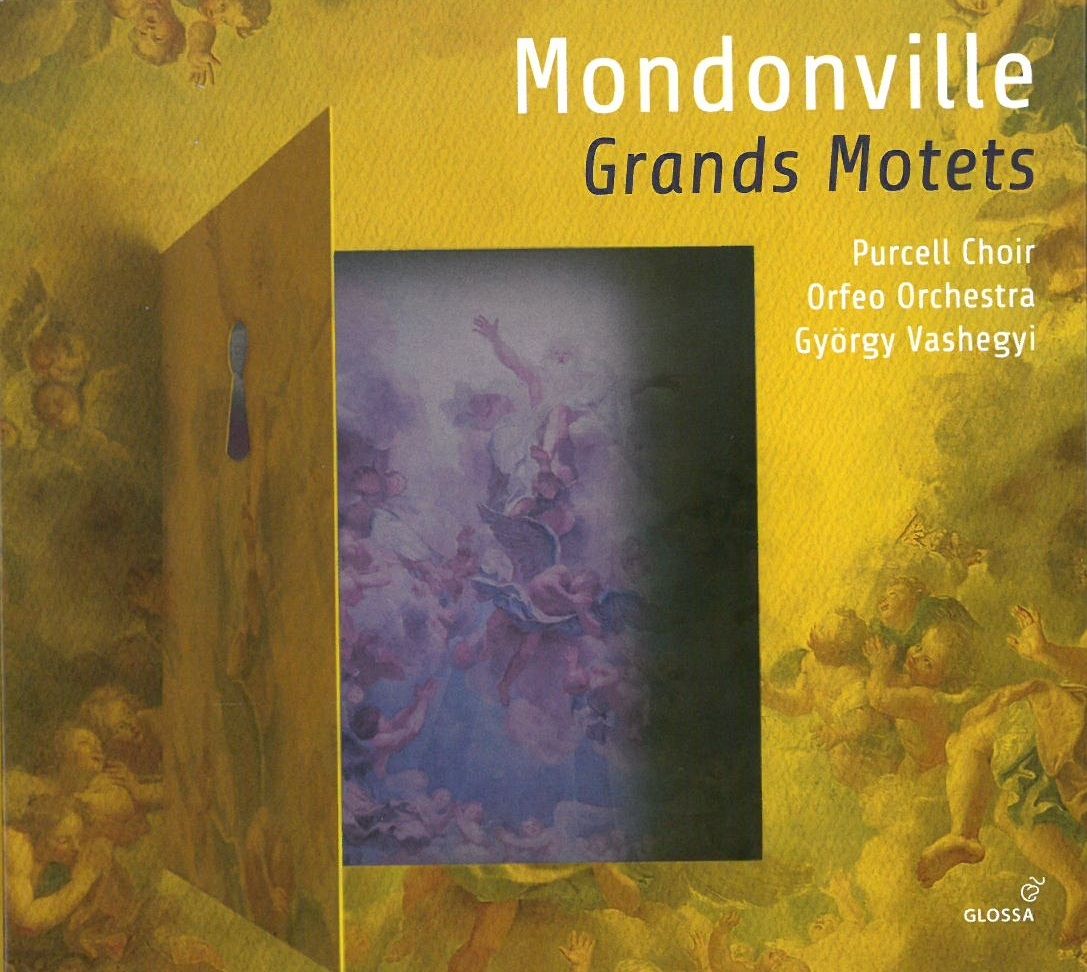
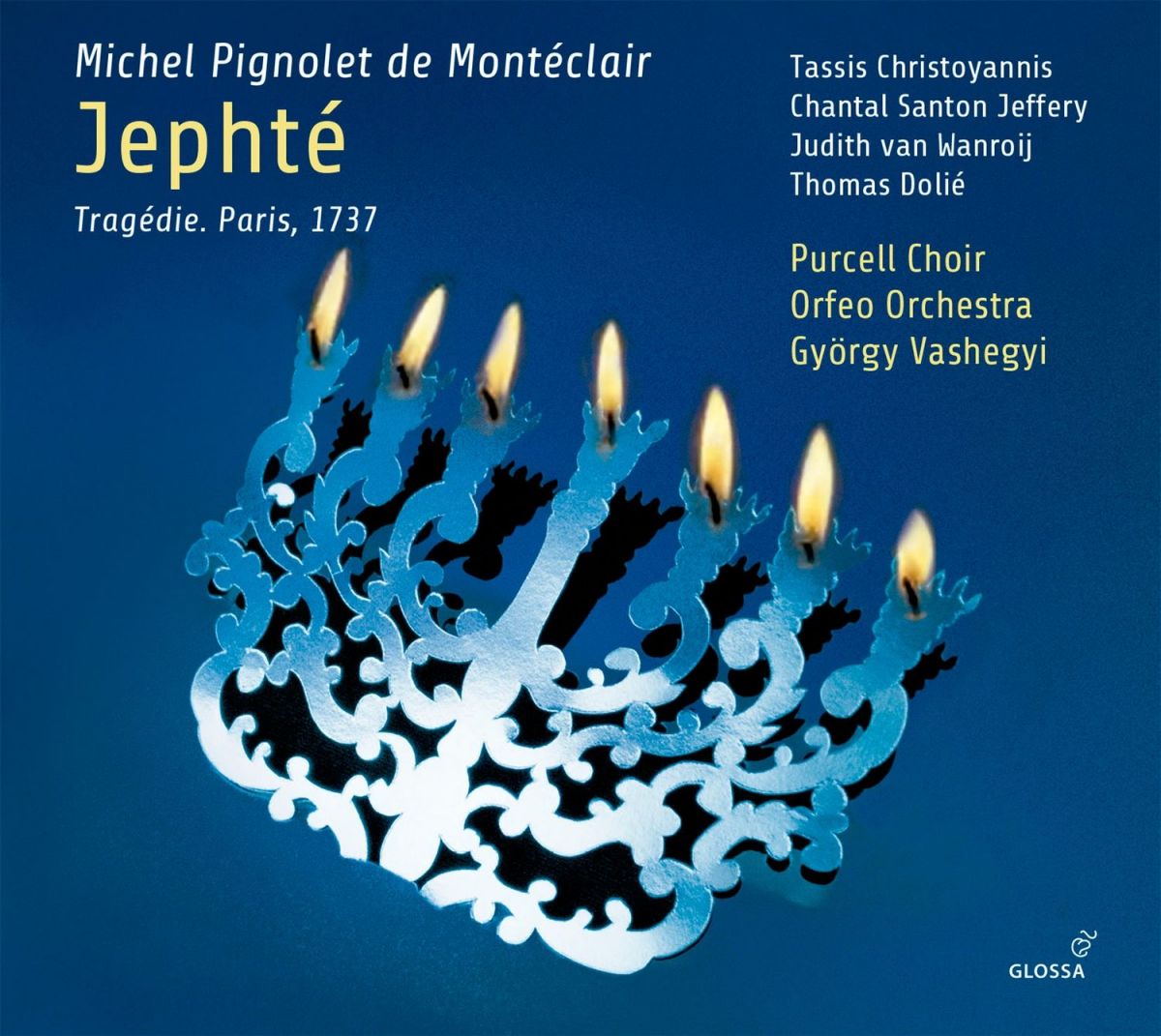
Rameau's great contemporary and rival, Jean-Joseph Cassanéa de Mondonville, is also present, with excerpts from the motets that made him famous in the 18th century, as well as his rarer pastorale héroïque Isbé, one of the first previously unreleased works recorded in 2015. Another contemporary is Michel Pignolet de Montéclair, whose tragedy Jephté is said to have inspired Rameau to compose operas for the Académie royale de musique. What a good idea he had!
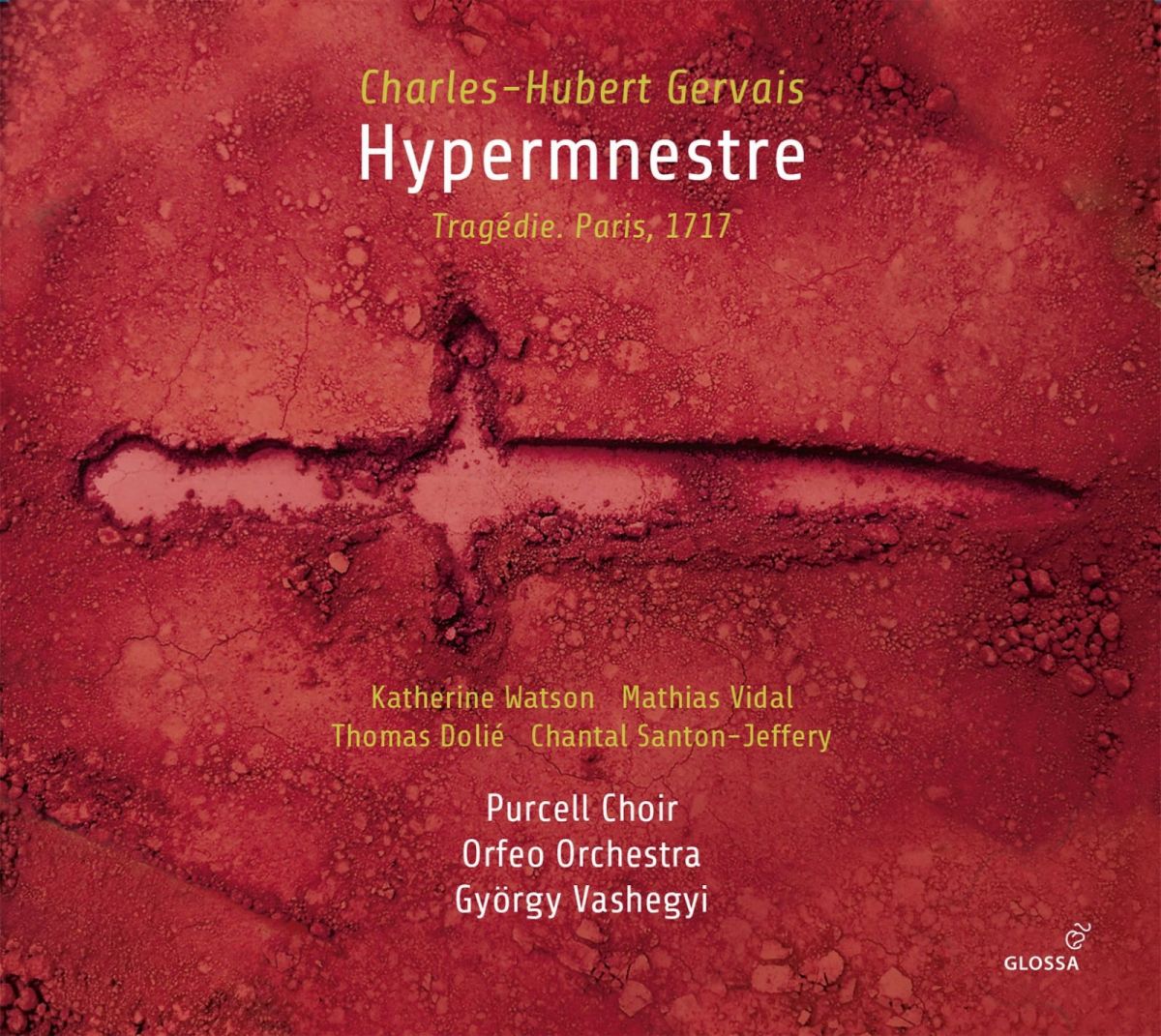

The composer Charles-Hubert Gervais, still totally unknown less than a decade ago, was undoubtedly one of the great favorites of this partnership, as much for the musical and dramatic qualities of his superb tragedy Hypermnestre, premiered under the Regency, as for the intense fervor of his great motets composed for the royal chapel at Versailles during the reign of Louis XV.
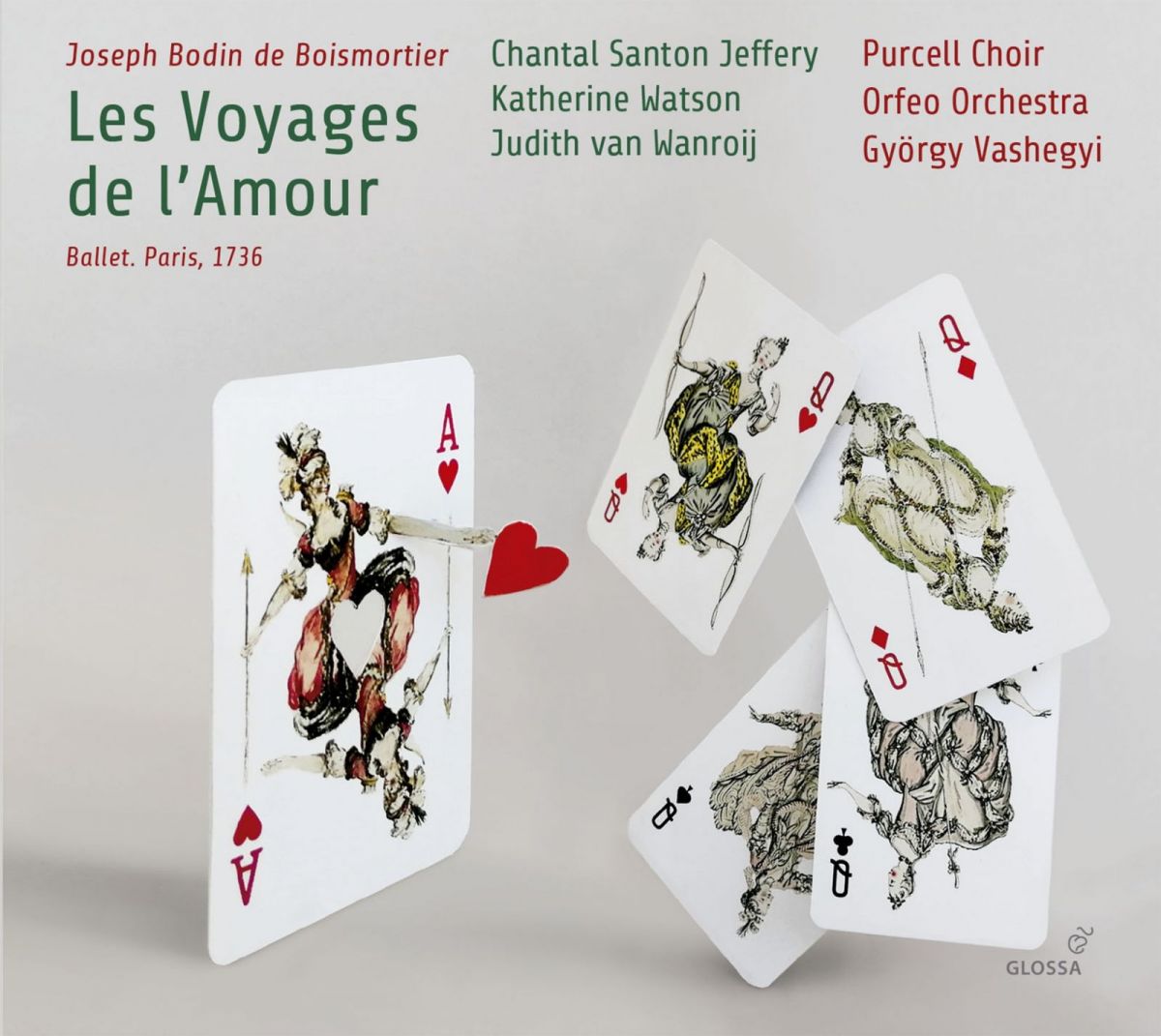

Other rarities rehabilitated as part of the Franco-Hungarian project include Joseph Bodin de Boismortier's last unpublished opera, Les Voyages de l'Amour, premiered in the same year as Rameau's Les Indes galantes but in a lighter style, with irresistible melodies and lively rhythms, and Jean-Baptiste Stuck's Polydore, the last opera by this composer close to the Regent, whose inspiration leans towards Lully, Campra, Corelli and even Vivaldi.


Finally, to make this playlist even more varied and testify to the richness of the partnership built up over the years, extracts have been taken from two recordings that look like "best-offs": Un Opéra pour trois rois, a collage of pages composed for Louis XIV, Louis XV and Louis XVI by composers such as Lully, Lalande, Campra, Rameau and Royer, and Brillez, astres nouveaux, a virtuoso recital by soprano Chantal Santon Jeffery featuring Rameau, but not only. A perfume of France, a taste of Hungary, let yourself be charmed!



